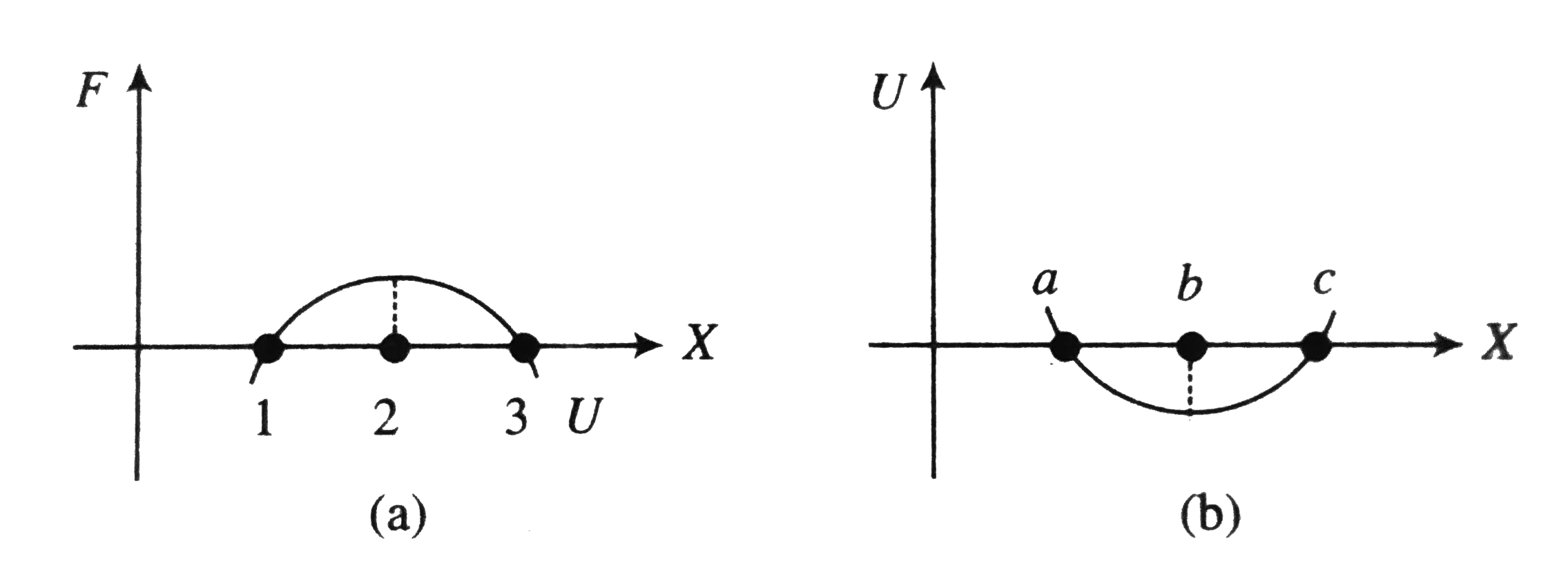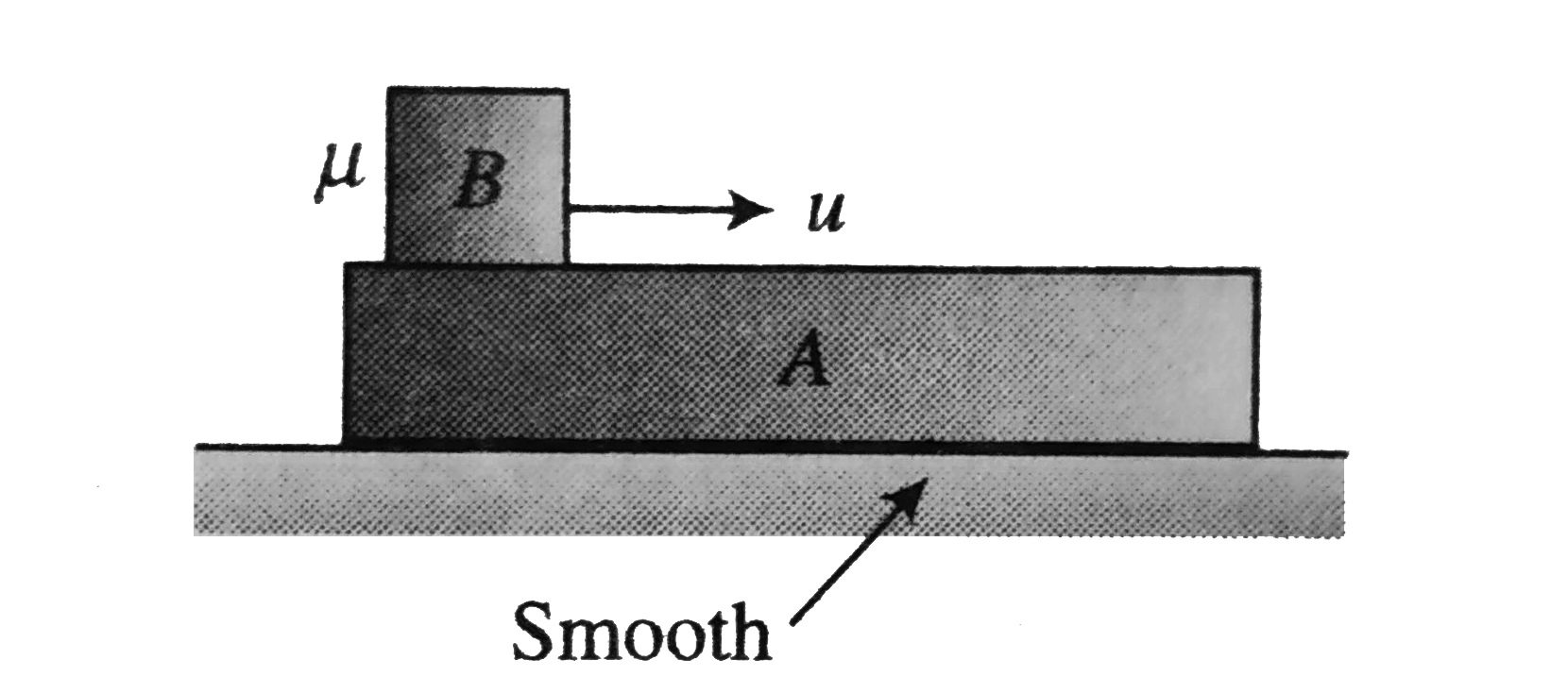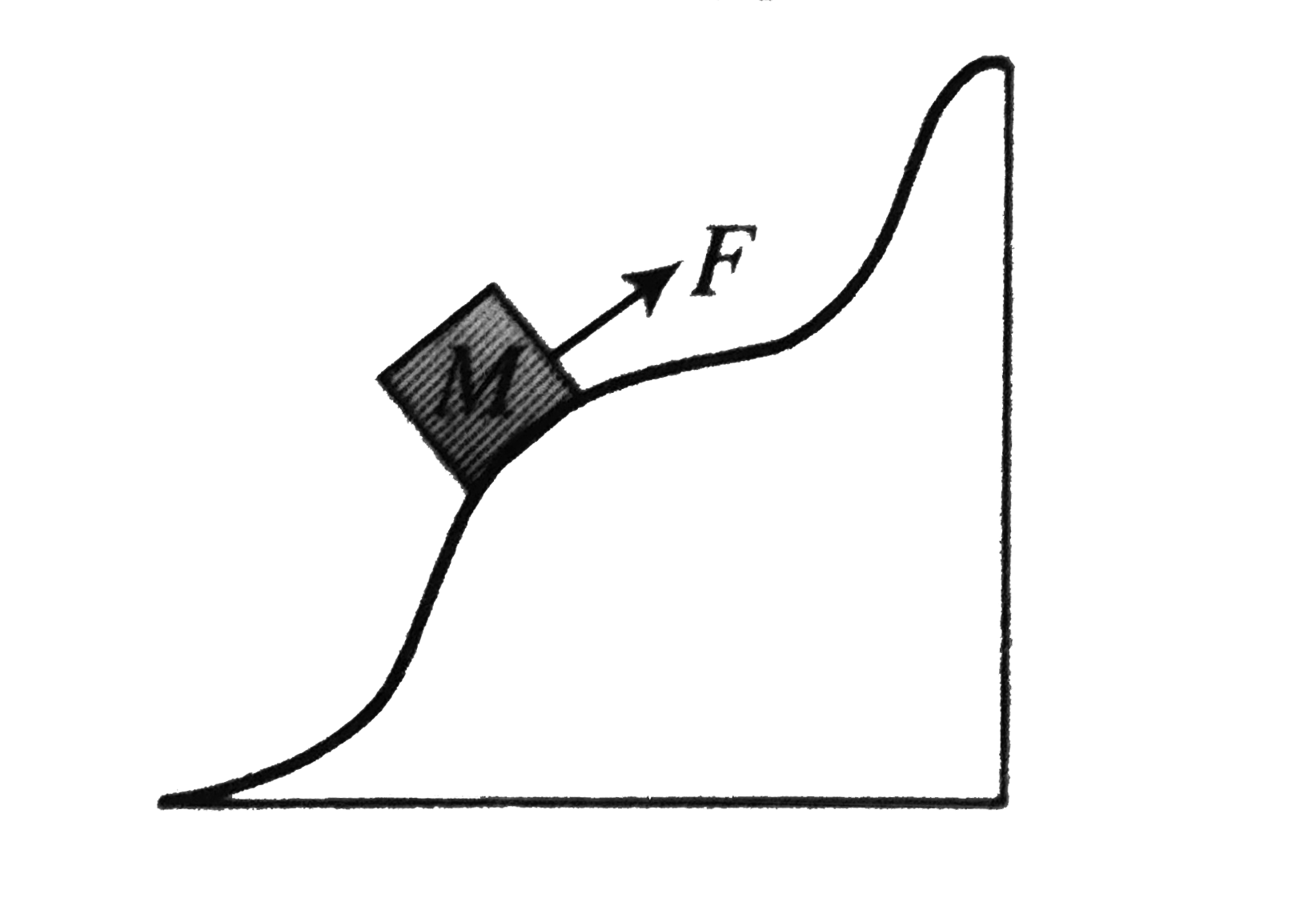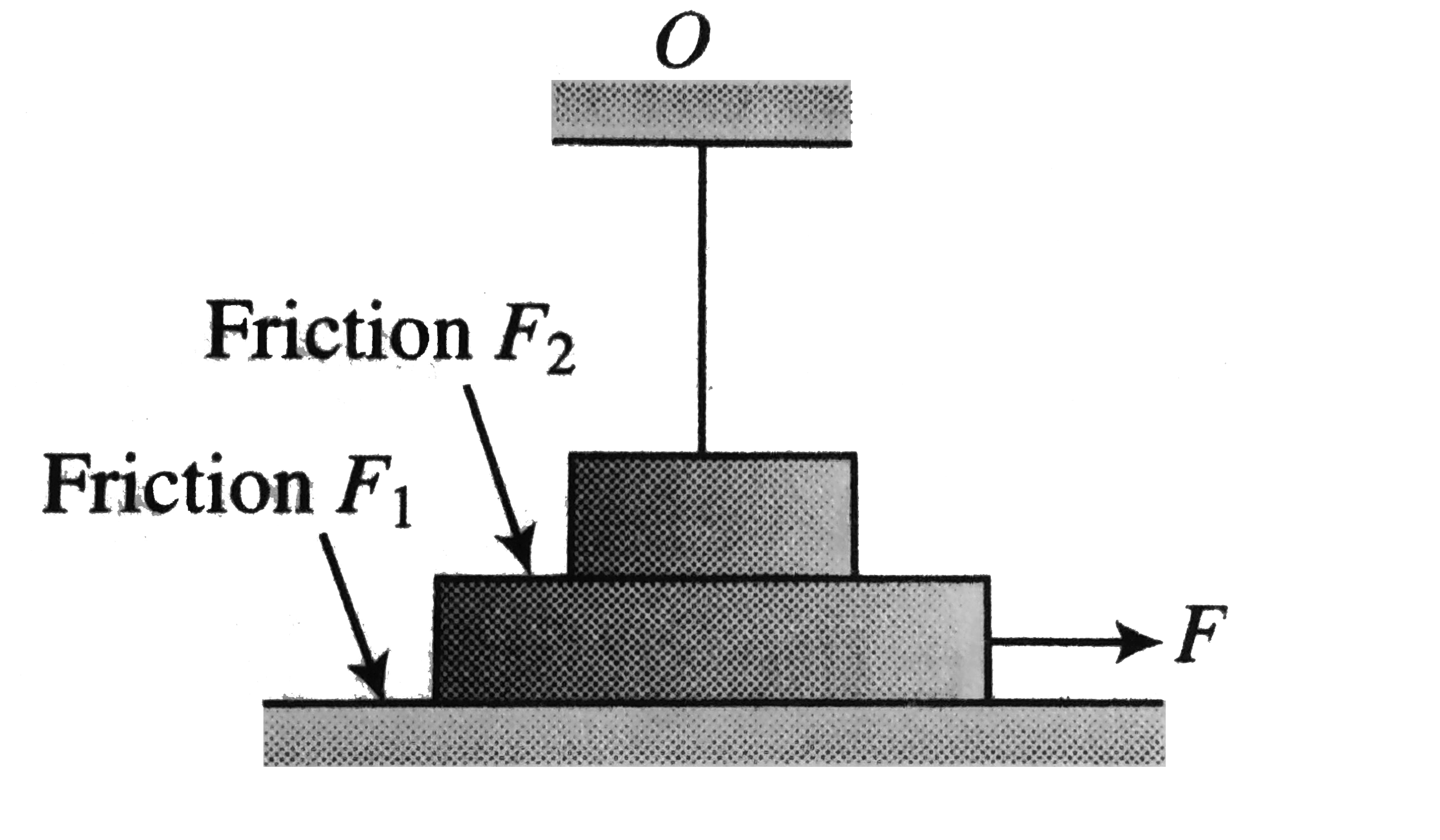Complete Solutions to Multiple Correct of chapter WORK, POWER & ENERGY of Class 11 book with complete answers and questions
| Class 11 | PHYSICS |
| Chapter | WORK, POWER & ENERGY |
| CENGAGE PHYSICS | Multiple Correct |
| Number Of Questions | 25 |
| Academic Year | 2023-24 |
Referring the graphs, which of the following is/are correc?

View SolutionWhich of the following is//are conservative force (s) ?
View SolutionOne of the forces acting on the particle is conservative, then
View SolutionA long block A is at rest on a smooth horizontal surface. A small block B whose mass is half of mass of A is placed on A at one end and is given an initial velocity u as shown in figure. The coefficient of friction between the blocks is

View SolutionChoose the correct statement(s) from the following.
View SolutionMark the correct statement(s).
View SolutionMark the correct statement(s).
View SolutionSelect the correct option(s).
View SolutionWhen two blocks connected by a spring move towards each other under mutual interaction,
View SolutionWhen a bullet is fired from a gun
View SolutionA vehicle is driven along a straight horizontal track by a motor which exerts a constant driving force. The vehicle starts from rest at
View SolutionA block hangs freely from the end of a spring. A boy then slowly pushes the block upwards so that the spring becomes strain free. The gain in gravitational potential energy of the block during this process is not equal to
View SolutionA charged particle X moves directly towards another charged particle Y. For the X plus Y system, the total momentum is p and the total energy is E.
View SolutionThe potential energy
View SolutionA body of mass M was slowly hauled up a rough hill by a force F which at each point was directed along a tangent to the hill. Work done by the force

View SolutionA block is suspended by an ideal spring of force constant k. If the block is pulled down by applying a constant force F and if maximum displacement of the block from its initial position of rest is
View SolutionA horizontal plane supports a plank with a block placed on it. A light elastic string is attached to the block, which is attached to a fixed point O. Initially, the cord is unstretched and vertical. The plank is slowly shifted to right until the block starts sliding over it. It occurs at the moment when the cord deviates from vertical by an angle

View SolutionA particle is projected from a point at an angle with the horizontal at
View SolutionIn which of the following cases no work is done by the force?
View SolutionA man of mass m is standing on a stationary flat car of mass M. The car can move without friction along horizontal rails. The man starts walking with velocity v relative to the car. Work done by him
View SolutionThe kinetic energy of a particle continuously icreses with time
View SolutionThe potential energy curve for interaction between two molecules is shown in figure. Which of the following statements are true?
View SolutionA particle is taken from point A to point B under the influence of a force field. Now it is taken back from B to A and it is observed that the work done in taking the particle from A to B is not equal to the work done in taking it from B to A. If
View SolutionWhich of the following statements is/are correct about work?
View SolutionA body of mass
View Solution
Multiple Correct questions and complete solutions for chapter WORK, POWER & ENERGY of CENGAGE PHYSICS (HINGLISH) of Class 11